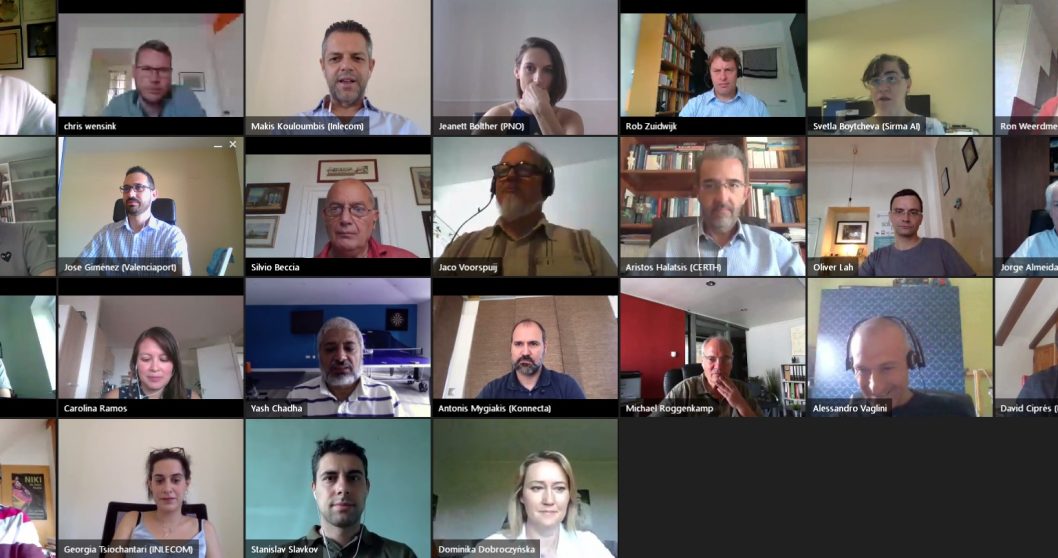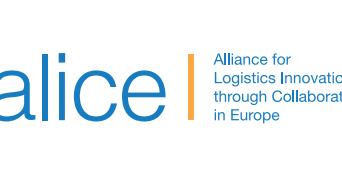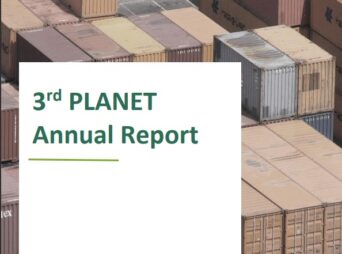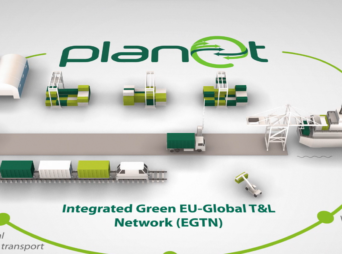Yesterday, the project “Progress towards Federated Logistics through the Integration of TEN-T into a Global Trade Network” – PLANET celebrated its Kick Off Meeting. PLANET is a European Union’s co-funded research and innovation action through the Horizon 2020 Mobility for Growth Programme.
With a duration of 36 months, PLANET joins 33 organisations including public, private and R&D companies with the vision of advancing in the European Commission’s strategy for Smart, Green and Integrated Transport and Logistics. In this manner, PLANET will progress in the development of tools to better interconnecting infrastructure (TEN-T, Rail-Freight Corridors) with geopolitical developments (New Silk Road and emerging trade routes). PLANET also aims to optimise the use of current and emerging transport modes and technological solutions, while ensuring equitable inclusivity of all participants, increasing the prosperity of nations, preserving the environment, and enhancing EU citizens’ quality of life. The realization of this vision is what PLANET calls the Integrated Green EU-Global Transport & Logistics Network (EGTN).
In view of this strategy, PLANET will go beyond strategic transport studies and ICT for transport research, by rigorously demonstrating emerging concepts like the Physical Internet, IoT applied to logistics, Blockchain and Predictive Analytics technologies in three EU-global real-world corridors (China – EU- US) with the objective of increasing the corridor’s end-to-end visibility.
The project organises its activities around three Living Labs or demonstrators:
- Physical Internet and Blockchain for optimised door-to-door Asia-Europe corridors – Mediterranean Corridor.
- Synchromodal dynamic management of TEN-T & intercontinental flows promoting rail transport.
- Internet of Things for Silk Road Route – reliable, transparent and fully connected corridor from China to the EU.
These three Living Labs will concentrate their actions in different European sites, including among others Valencia (Spain), Rotterdam (The Netherlands) and Poland. The Living Labs will contribute to the strategic analysis of global flows based on the corridors where they are located, the analysis of corridor infrastructure issues, and the investigation of integration of the respective global corridor with the TEN-T.
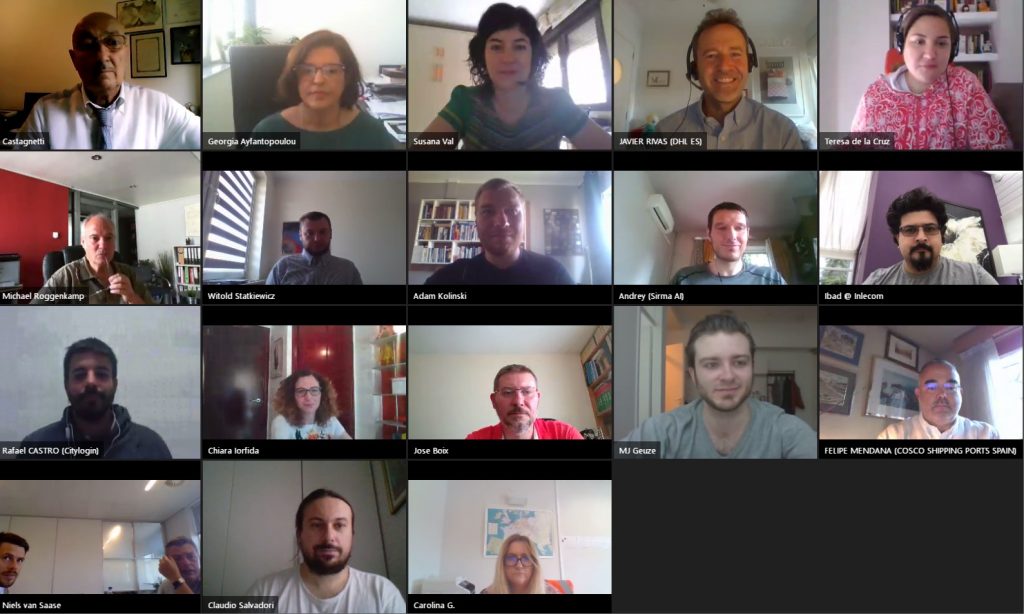
Furthermore, Living Labs will investigate innovative ways to coordinate complex supply chains through multimodal corridors involving private and public stakeholders.
During yesterday’s meeting, the first technical discussions about the foundations and capabilities of the EGTN took place as well as the way to move forward so that defining the requirements for interoperability of platforms using disruptive technologies such as Blockchain and Internet of Thing as well as simulating transport flows in logistics corridors.
The PLANET Consortium:
The PLANET consortium comprises 33 partners of which 75% are represented in the project’s LLs and who collectively represent a large cohort of principal EU and Global Transport & Logistics.
Inlecom is the project coordinator and the partners are: Centre for Research and Technology Hellas; China Academy of Transportation Sciences; COSCO Shipping Lines (Spain) S.A.; COSCO SHIPPING Technology (Beijing) Co. Ltd.; Comunidade Portuária de Sines; Konnecta; DHL Supply Chain Spain; EBOS Technologies; TEN-T Interregional Alliance for the Rhine-Alpine Corridor; Erasmus University Rotterdam; European Shippers Council; CityLogin; Fundación Valenciaport; Fundación Zaragoza Logistics Center; GS1 China; GS1 Poland; HARDT HYPERLOOP; IBM Ireland; International Union for Road-Rail Combined Transport; Instituto Tecnológico de Aragón; Instytut Logistyki i Magazynowania; Jing Dong Logistics; New Generation Sensors; NEWOPERA AISBL; SIRMA AI; PANTEIA; PNO Innovation; Blockchain Fieldlab B.V.; Polish National Post; Rohlig Suus Logistics S. A.; VLTN; Wuppertal Institute.


